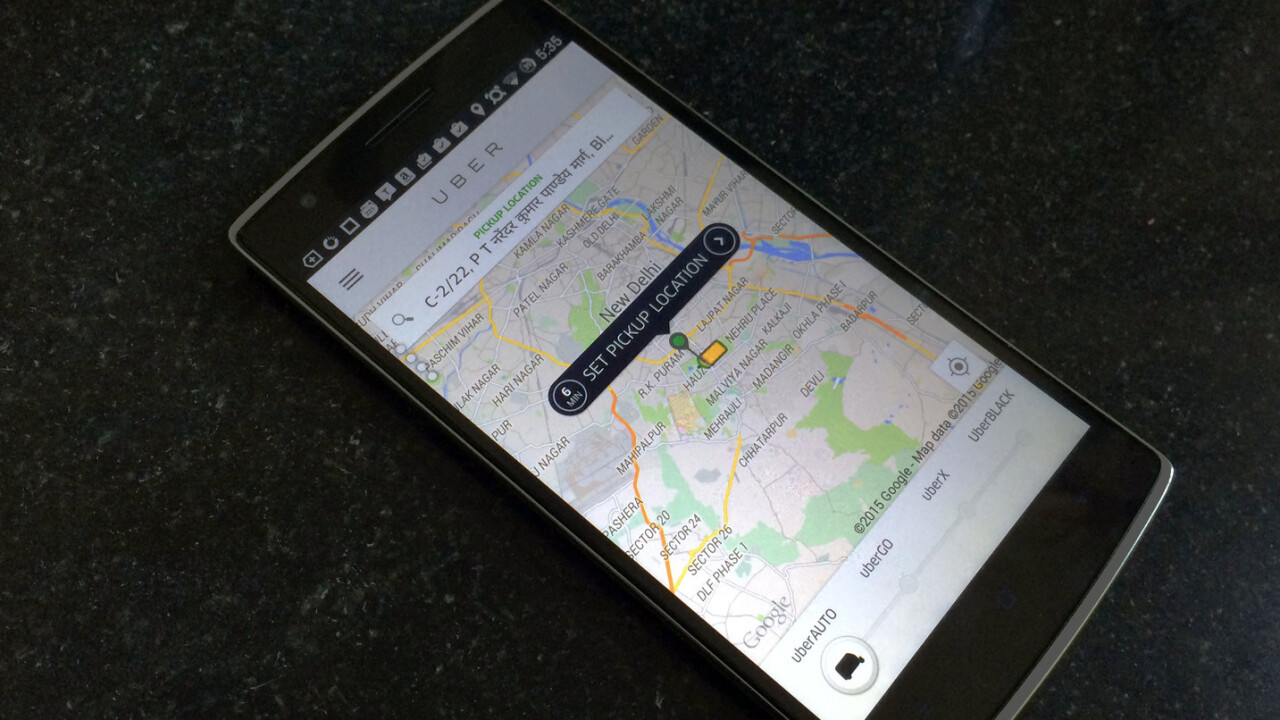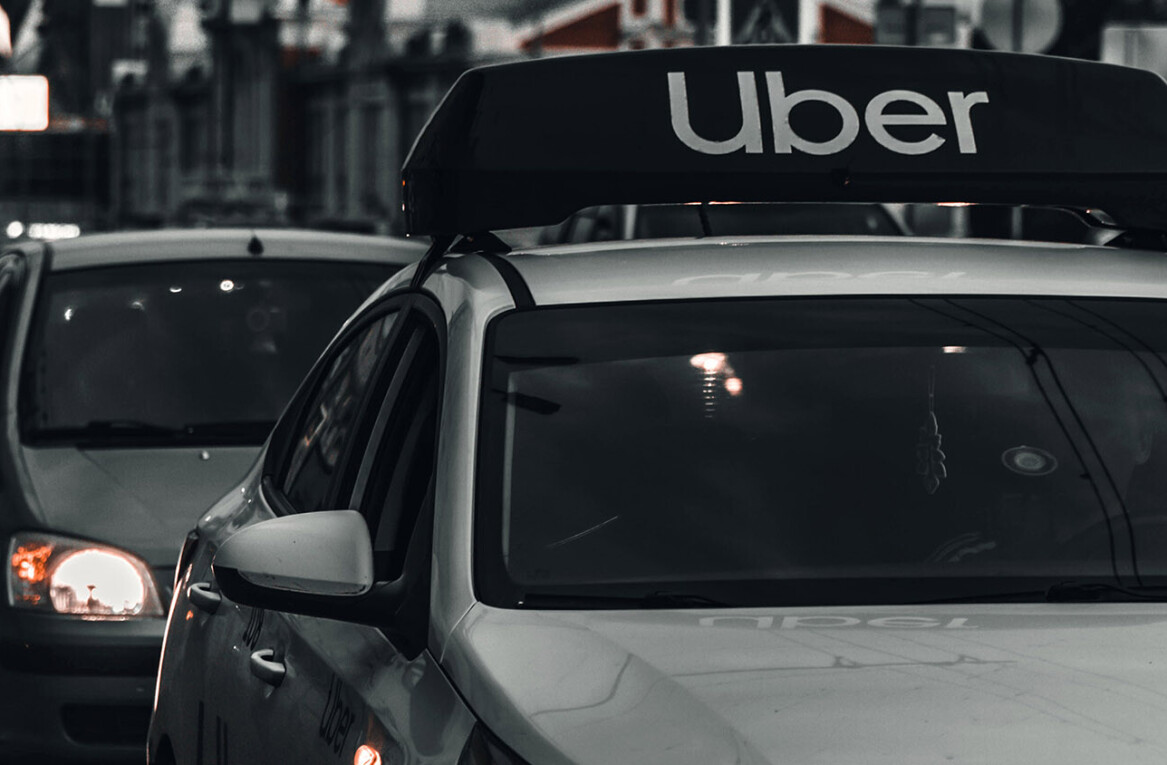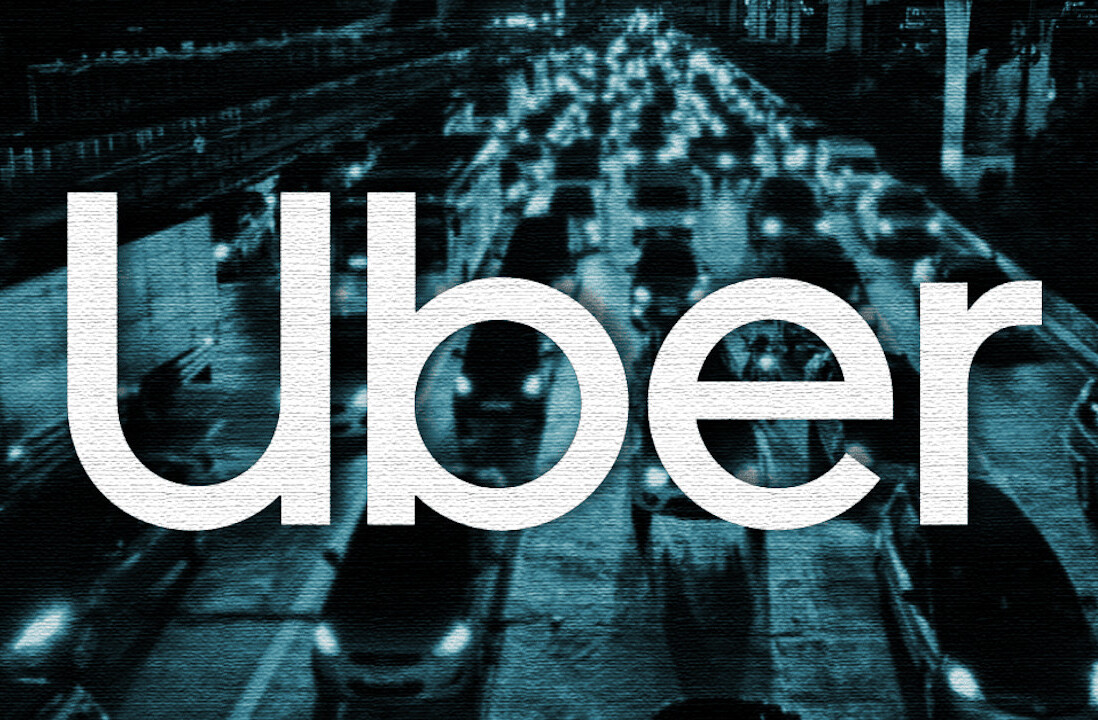
Uber drivers in the Indian capital of New Delhi are protesting against a government crackdown on Web-based cab services in the city. It’s got to the point where local police request rides using the app and then impound the vehicles when they arrive.
Of course these drivers are up in arms. It’s not just that their livelihood that’s at stake, but also their chance to bridge aspirational gaps faster than has ever been possible before.
Driving for Uber allows them to earn many times what they would as private chauffeurs or with government-affiliated cab services, about as much as a software engineer.
Many of these drivers have little to no formal education. More interestingly, a significant number are college graduates who supplement their earnings from day jobs by driving for Uber. Their new income enables them to purchase the vehicles they’re driving, afford to rent homes in the city and provide for their families comfortably.
I fail to see why Indian authorities can’t get behind Uber.

Most Indian cities are still wrestling with overpopulation and poor urban planning that lead to traffic issues. Barring a few examples like New Delhi and Kolkata’s metro rail services, public transport is unreliable, overcrowded and uncomfortable.
Meanwhile, the government doesn’t do a great job of managing its own transport services.
For example, my hometown of Bangalore, with a population of over 10 million, is well connected by bus. However, rides are rarely on time and often offer only standing room. The city’s metro rail system has been in the works for years now and city-wide service remains a distant dream.
Online cab services were banned in New Delhi last December, as a knee-jerk reaction to the alleged rape of a passenger by an Uber driver. Local authorities then realized that Uber, Ola, Taxi For Sure and others were operating without certain transport licenses.
However, regulations in India currently don’t account for online cab services; to abide by existing legislation would mean ceasing operations entirely. So that leaves India without any on-demand transport services at all.
India without Uber
And what happens if Uber decides it’s had enough and closes shop in India? We’re back to square one — fewer vehicles than we need, unregulated surge pricing in taxis and autorickshaws and no single entity to deal with in case of safety issues.
In banning Uber and similar services, Indian authorities will likely find that the safety risks they wanted to avoid continue to exist — only now, that beast is a lot harder to tame.
Uber has actively cooperated with the local government to ensure safety standards are put in place and complied with. It did, however, fail to comply with the ban on its service in New Delhi.
Sure, Uber is flouting the rules here — but it’s not the only company to do so, if you go by the situation in New Delhi. Other services like Ola have been around in India for much longer and did not face the scrutiny Uber is dealing with now. Regulation in India hasn’t kept pace with emerging technology and the ill effects of that are beginning to show.
Uber is enabling the efficient use of existing resources where demand already exists. India isn’t great at building infrastructure and could use all the help it can get.
Who benefits from the ban of online cab services? Users? Drivers? The government?
As a developing economy, India needs to take a good hard look at its priorities and catch up to technologies that can help it grow. In doing so, it could give its citizens a real chance at a better life.
Article image credit: pjhpix / Shutterstock.com
Get the TNW newsletter
Get the most important tech news in your inbox each week.




